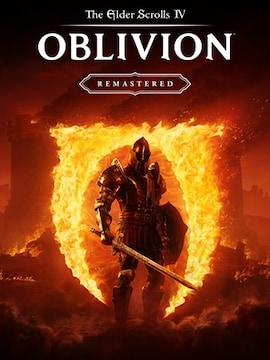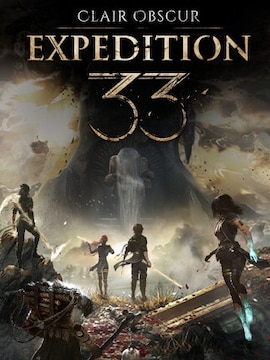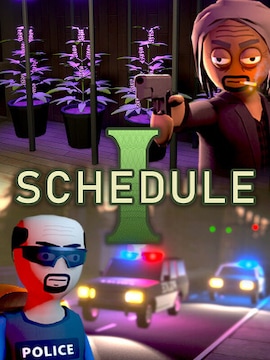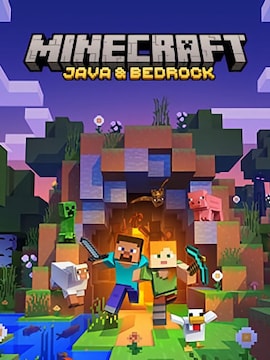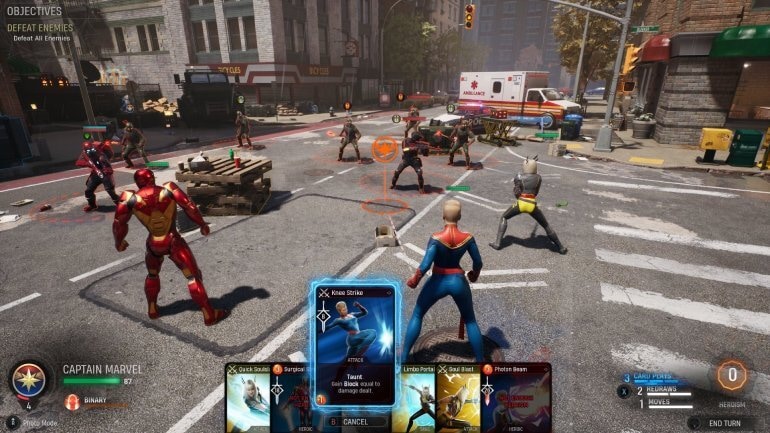Luck is something of a nebulous concept. Sometimes it’s just a confluence of factors too minute and too complex for anybody to track, sometimes it’s true narrative force guiding characters along. And sometimes it’s a statistic on a character sheet and you can optimize for it.
In other words, luck in video games can be a pretty wild thing, but we wouldn’t have it any other way.
The incidental luck
The key form luck takes in video games comes simply through fortuitous moments. An enemy will pass right by your crosshairs giving you a one-in-a-million shot. Just don’t get cocky yet, because it’s possible you’ll never again get to make a kill shot through tiny gaps in three consecutive walls. Or perhaps the opponent misclicks and picks the wrong option, putting you in a better position next turn.
Basically, just things that don’t really happen for any reason you can plan for, but feel great when you come across and benefit from them. Sometimes, this is even codified in the game. Nathan Drake of the Uncharted series is famously lucky, so much so that his HP in combat is pretty much his luck running out until he either wins, or gets a bullet to the head.
Roll the dice
But we’re talking about games: form of fun governed by rules and adjudicated through numbers. So, of course, luck comes into play in many quantifiable ways, often through some form of RNG: Random Number Generation.
Tracking its ancestry to board games and role-playing games, RNG is a way to outsource results to something that’s more objective than a human: math.
The classic six-sided die is the world’s most famous random number generator, but that’s operating at a human scale. Modern hardware can complete a ridiculous number of calculations per second, which also means that RNG systems can (but don’t have to!) get complex and robust. Or at least extremely fast!
Especially where it comes to figuring out if you crit.
Right in the eye!
Crit, or as it is properly known: Critical Hit is a fancy name for an attack doing a significantly higher amount of damage than usually. The probability of that is usually described as Critical Chance, and it’s nothing other than luck in practice. You’ll find criticals gaming-wide, they appear in RPGs, shooters and turn-based tactical games alike, among others.
Sometimes their math is as easy as telling the RNG to “roll” for 1 number out of a 100 and compare it to some value. Sometimes, like in Waframe, calculating the chance of a critical is a complex equation influenced by weird edge cases and slotted mods and the result might spill over to critical damage.
In other games, the crits are hidden, or gated behind specific abilities, like Skyrim’s perks which effectively unlock the critical chance for specific weapon groups. In some games, like Fallouts or Final Fantasies, there might be an actual Luck stat responsible, among other things, for defining how likely you are to get a crit. But it’s not the only thing it can do!
Luck of the draw
If a game has graded loot AND a Luck stat, there’s a reasonable chance that it will affect the quality or amount of the loot, for example bumping the quality from Rare to Epic, or getting more berries from a single bush. That’s part of Luck’s function in Dark Souls 3, for example, as it directly influences the Item Discovery trait. The higher you go, the more likely you are to get anything at all from a fallen foe.
Sometimes the realms collide, and it’s just the player’s luck vs. loot, as is the case with various lootbox and booster pack mechanics, not even necessarily paid ones.
Recent Midnight Suns is presented like a card game, and after missions you get to open “coils” of specific rarity to get new cards-abilities. However, you have no direct control over the cards you draw, nor can you buy more. It’s just your luck, plus some mitigation mechanics, like rerolls and extra cards drawn from the pack. Incidentally, Midnight Suns characters also have a Critical Chance attribute, which improves characters’ ability to draw a boosted damage card during battle.
Skewed chances
Luck and chance are, however, deeply bound by subjective perception, and reactions to the way luck works can change dramatically from medium to medium or genre to genre.
For example, Baldur’s Gate 3 is formally an adaptation of a tabletop role-playing game Dungeons & Dragon, where the RNG element is a twenty-sided die. Which is fine. But BG3 cleverly added an option (option!) to use weighted dice so that there’s less chance of the RNG being needlessly cruel all the time, in accordance to the unfeeling math.
Would it count as cheating in the original game? Yes, of course. However, in the original game failure is a challenge of creativity, not a roadblock, and typically not only are there people who can help you to safely defuse frustration after a failed roll, there’s also a good chance another person will fail too, and that balances things out.
In Baldur’s Gate 3, however, it’s not so simple. There’s a good chance that you’re playing alone, for example, and the game which keeps rolling low can feel antagonistic in its objectivity. There’s also a finite number of possible solutions, so a consistent “bad luck” is detrimental to the complete experience. Loaded dice are, therefore, a reasonable option which can prevent things from feeling like a waste of time. They won’t replace a Game Master, but they’re the next best thing.
Of course, this is a nuanced and very specialized case, but it is a good example of ways games can actually be more permissive than players might be keen to admit after a particularly bad turn or an uncharacteristically garbage loot roll.
Luck isn’t everything
Of course, despite all that, there are also things which don’t really rely on luck, and skill is the only thing you can count on where it matters. Into the Breach has very few luck mechanics (limited looting, some AI moves), and the battles themselves are so skill oriented, that effects are always guaranteed, and the challenge lies in figuring out the right order and direction of actions. In Sekiro if you’re counting on getting lucky, you’re not going to get far, timing and good reaction speed will take you much further.
Good luck, have fun
In the end, the only thing that really matters is whether a game is a good time or not. Some peoplelove having some luck in gaming, as it creates these tense moments between making a decision and praying to RNG to make it pay off. For others, luck systems cheapen the experience. For others still, there’s a balance to be found somewhere along the spectrum. It’s a diverse hobby, there are no “one size fits all” solutions to be found in game design.

